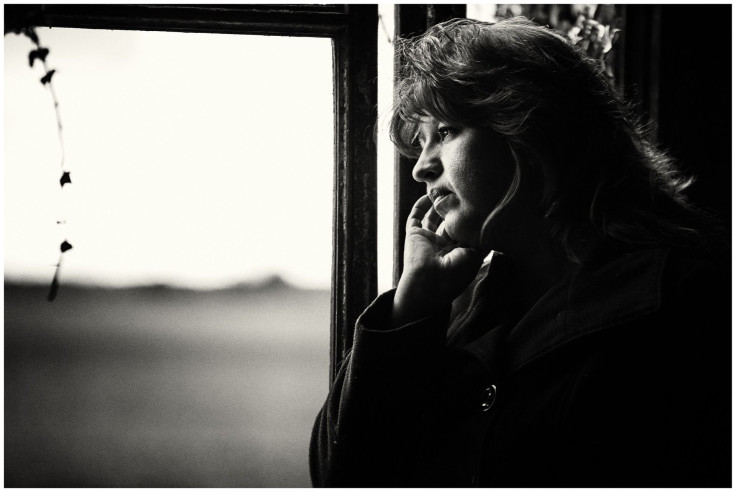Women With Severe Symptoms of Depression May Have Difficulty Getting Pregnant; It's Not The Antidepressants

Clinical depression blankets every aspect of a person’s life, from social engagements to meals to work. The illness even reduces a woman’s chance of having a baby, according to a new study by researchers from the Boston University Schools of Public Health and Medicine.
The study found that women who reported severe depressive symptoms had a 38 percent lower chance of conceiving compared to those with no or low symptoms. This result held regardless of whether the women were using psychotropic medication. Despite links between antidepressants and infertility found in previous studies, “current use of psychotropic medications did not appear to harm the probability of conception,” according to study lead author Yael Nillni, assistant professor of psychiatry at the School of Medicine and a researcher with the National Center for PTSD, in a press release. “Our findings suggest that moderate to severe depressive symptoms, regardless of current psychotropic medication treatment, may delay conception.”
The study does not address why this association occurs, but the authors suggest several theories future research could explore. For one, scientists have linked depression to disruption of the hypothalamic-pituitary-adrenal axis, a set of feedback interactions within the endocrine system that influences many bodily reactions, including stress responses and sexuality. Dysregulation of this axis may have an influence on the menstrual cycle and a woman’s ability to conceive.
The researchers gathered the study data from more than 2,100 women who were attempting to conceive. The subjects, aged between 21 and 45 years, reported on their current depressive symptoms and psychotropic medication use. Twenty-two percent of the participants reported a clinical diagnosis of depression, 17.2 had formerly used psychotropic medication, and 10.3 percent were current users of psychotropic drugs.
Approximately 10 to 15 percent of American couples deal with infertility, and unfortunately, women are more likely to deal with depressive episodes during childbearing years than any other time of life. There are many factors that can affect a woman’s ability to conceive, the most important of which is age. Lifestyle factors such as smoking, alcohol use, stress, and intense athletic training can also play a role.
Past research has been somewhat inconclusive regarding the relationship between antidepressant medication and pregnancy. Some researchers claim to have found links between the medications and infertility, autism in the newborn, and several other birth defects. Others have insisted on the safety of using antidepressants during pregnancy. Many have come up with frustratingly unclear answers like “it depends.”
The current study suggests that as far as pre-conception goes, antidepressants won’t negatively impact a woman’s chances for becoming a mother.
Source: Nillni Y, Wesselink A, Gradus J, Hatch E, Rothman K, Mikkelsen E, et al. Depression, Anxiety, and Psychotropic Medication Use and Fecundability. American Journal of Obstetrics & Gynecology. 2016.



























